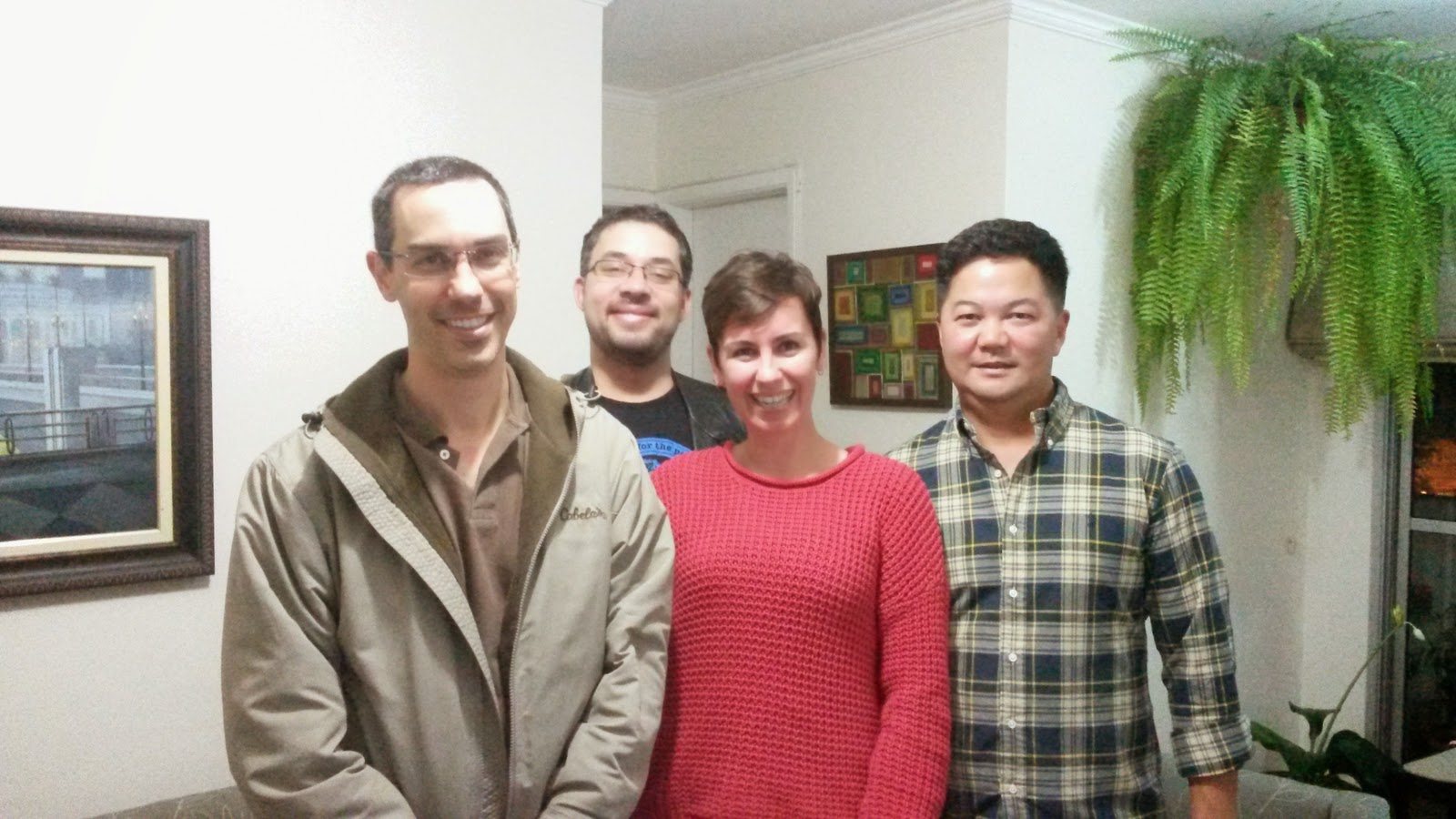Happy New Year students and friends!!!
I hope you had a great time over the holidays and enjoyed the free time.
It is very nice to spend a few days aways from the office and not think about obligations isn't it?
I imagine you saw your family members, some of you ate a little more than you should, some slept in and some just hung out with friends.
The Christmas and New Year holidays in Brazil happen in summer, so many of us enjoy going to the beach! Which ends up in huge traffic jams over the roads that leave the big cities like Imigrantes e Anchieta.
Then, when the tourists do get there, the cities on the coast are usually crowded as well, generating other kinds of problems such as water and food shortage.
Nevertheless the tourists enjoy being on the coast sunbathing. It seems that us, Brazilians, prefer the beach as a holiday destination.
Do you take care of your skin when you sunbathe? Another name for sunbathe is lie in the sun, and also get a tan. Do you wear sunscreen lotion?
I went to the beach this Christmas and I got a sunburn... : S It hurt a lot and I needed to apply lots of ointment on my body for many days. That happened because the day was warm and I fell asleep on the beach... What a wrong thing to do! And now as a result, my skin is peeling! New skin for a new year!
How about you? How did you spend your holidays?
Many kisses and welcome to a great year of lots of English!









